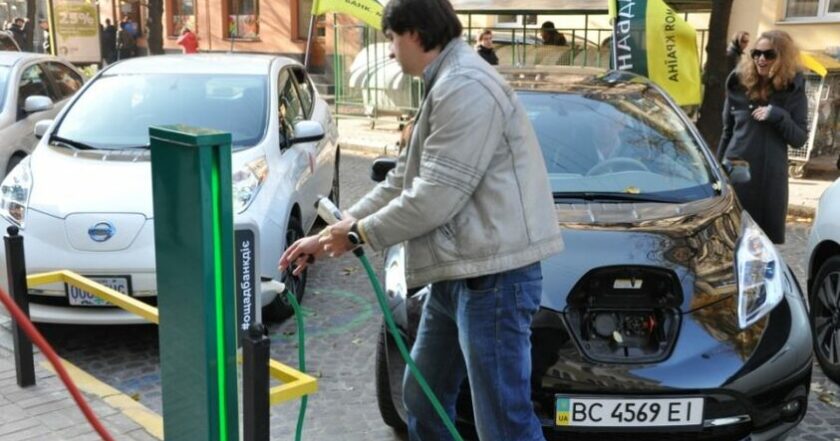Eco-solutions: Lviv to replace diesel buses with sustainable transport system

Photo: illustrative / Oleksandr Mazurenko
Recently, in Lviv, at the plenary meeting of the city council, the Program for the development of electromobility in the Lviv city community was approved.
The city council's press service reported this.
According to Oleh Zabarylo, the director of the Urban Mobility and Street Infrastructure department, this program outlines the city's plan for electric transportation over the next decade.
In particular, that refers to the list of measures in the field of electromobility that must be carried out during these years.
"In particular, the program defines five key directions: renewal of the rolling stock of public transport, development of the infrastructure for electric transport, shared electric mobility, stations for charging electric cars, and related measures that the city council should implement in the context of electric mobility in the next ten years," Oleh Zabarylo said.
Five Goals of the Electric Mobility Development Program
The program's first goal is to bring all the city's electric transport to the standards of environmental friendliness, energy efficiency, and accessibility. In particular, they plan to abandon diesel buses on all city routes of both public and private carriers. Instead, put battery electric buses and models with dynamic charging on the roads.
The second goal is the development of transport infrastructure. In particular, they plan to modernize feeder cable lines, traction substations, depots, tracks, and contact networks. They also want to create and integrate local power plants from renewable sources into electric transport systems.
The third objective is to promote low-carbon urban logistics, specifically focusing on the use of electric bicycles and electric car vans. This involves transitioning the delivery of goods and parcels within the city to an electric-powered system.
The fourth goal is the introduction of shared electric mobility (sharing vehicles), which follows the example of European cities.
The fifth goal is to create charging hubs with priority for business users, taxis, and logistics transport. The operators of such charging stations can be both utility companies and private operators.
The electric mobility development plan of the Lviv city community was developed with the assistance of the German governmental organization GIZ within the framework of the TUMIVolt international project as part of the implementation of the Sustainable Urban Mobility Plan.
For reference:
It should be noted that in the capital yard of a high-rise building in Pozniaky district, the owner of a Tesla Model S has equipped a charging station using alternative energy.




















































